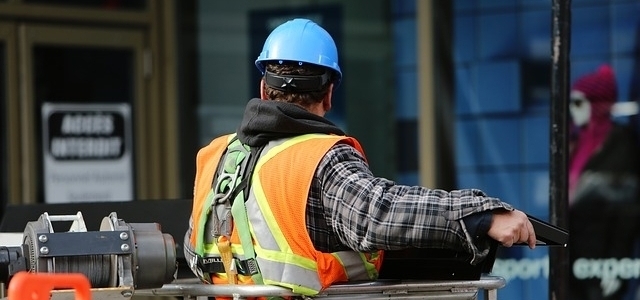The UK’s High Court has granted permission to the Independent Workers Union of Great Britain to proceed with a judicial review that could extend health and safety rights to hundreds of thousands of gig economy workers.
If successful, the judicial review would force the government to extend health and safety protections to all workers, including hundreds of thousands in the gig economy, such as Uber drivers and parcel couriers. This would include a right to personal protective equipment and a right to bring legal action against an employer if a worker suffers a detriment or is dismissed after refusing to work under unsafe conditions.
The union argues that the government failed in its obligation to transpose health and safety directives from EU law into UK law. Whereas UK health and safety law only protects employees, EU law extends these protections to all those classified as workers.
Fiona Coombe, SIA director of legal and regulatory research, explains that there is a distinction between agency workers — those supplied by staffing firms — and workers who are classified as self-employed contractors working for one of the gig economy platforms. “Agency workers [in the UK] have had health and safety protections through many regulations, including the Working Time Regulations and Conduct Regulations, and in practice are often given the same level of protection as employees of the hirer. That does not seem to be the case for the workers who are the specific focus of this case.”
“Gig economy workers have been among those with the highest death rates from Covid-19,” IWGB President Henry Chango Lopez said. “This isn’t by accident, but the result of a failure by this and past governments to properly implement health and safety legislation.
“For far too long, the government has turned a blind-eye to the abuses of gig economy employers, allowing them to make up the rules as they go along, while ignoring the safety of their staff,” Lopez continued. “With this case we will start to reclaim some of the basic rights that are being routinely denied to these workers.”









